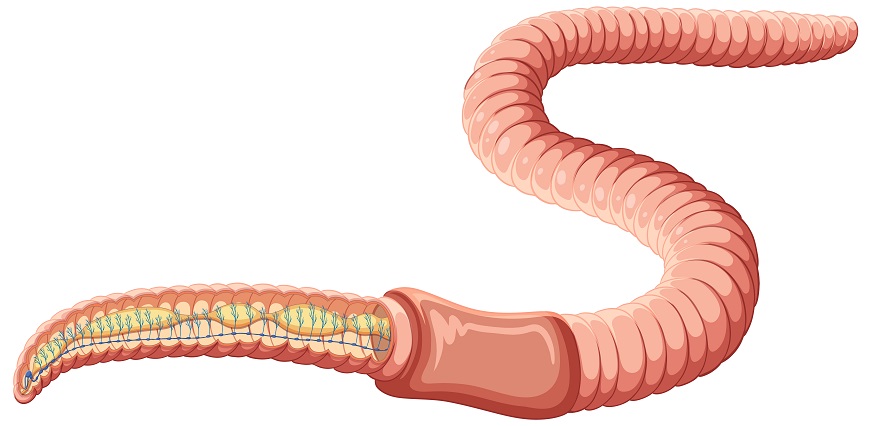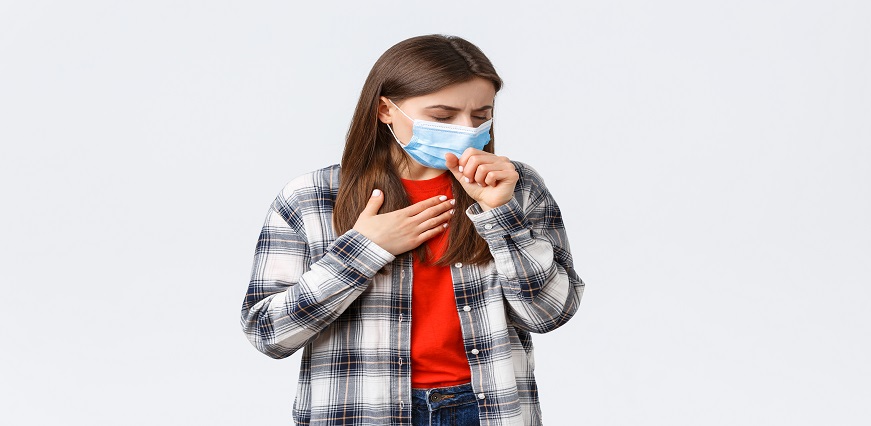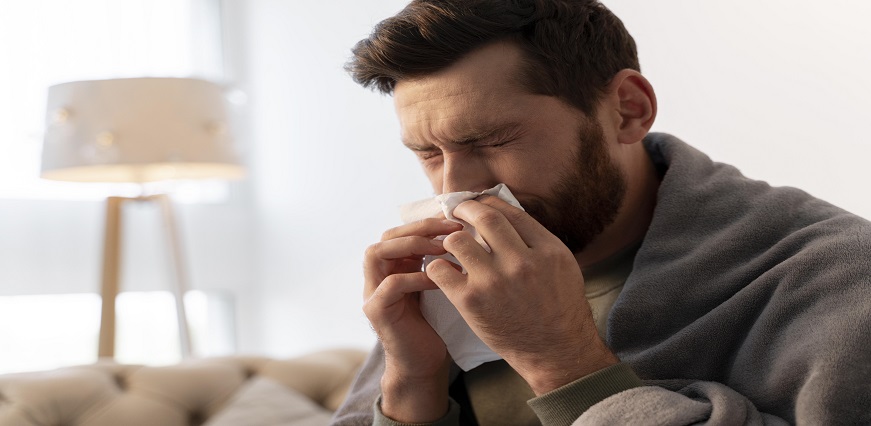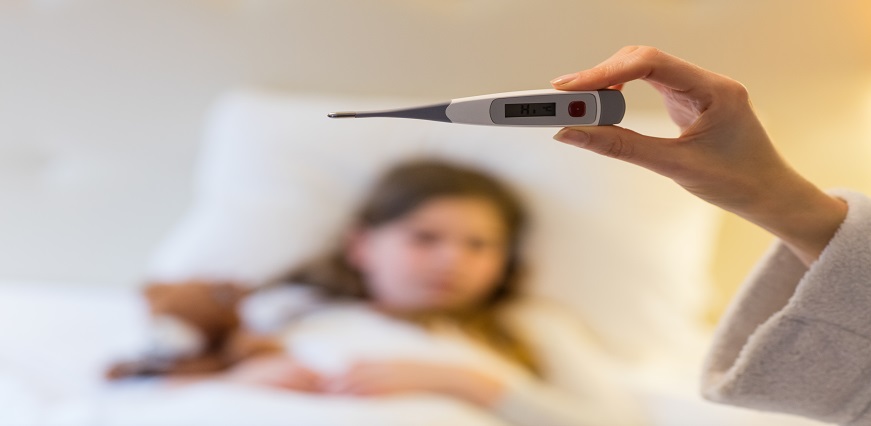





No lab centers are available in this city

Max Lab
Aug 13, 2024
Strongyloidiasis is an infection caused by the parasitic worm Strongyloides. This parasite resides in contaminated soil and enters the body through the skin. Walking barefoot significantly increases the of contracting the infection. Some infections become chronic, persisting for years. In individuals with weakened immune systems, strongyloidiasis can lead to life-threatening illnesses. Treatment for strongyloidiasis involves the use of antiparasitic medications.
To understand what is strongyloidiasis, one must recognize it as an infection caused by Strongyloides stercoralis and its symptoms.
Up to half of all individuals with strongyloidiasis exhibit no symptoms. Those with symptoms often experience digestive tract-related issues, such as:
- Diarrhea
- Gas
- Rash
Individuals with advanced cases may present more severe signs of strongyloidiasis, including:
- Wheezing
- Cough
- Hoarseness
- Respiratory failure
- Coughing up blood
- Inflammation of the lungs
Strongyloides stercoralis is a parasitic nematode that infects human intestines. Strongyloidiasis is caused by a parasite that depends on another organism for sustenance. The roundworm that is responsible for strongyloidiasis resides in soil, water, or faeces as larvae. Upon contact with these larvae, they penetrate the skin and travel to the small intestine.
Once inside the small intestine, the larvae mature and lay eggs. Adult female worms can produce up to 40 eggs daily. These eggs may be excreted in the stool, further contaminating the soil, or remain within the host, leading to autoinfection. Autoinfection occurs when the larvae burrow back into the intestines or the skin around the anus, causing re-infection. This process can continue without causing noticeable symptoms, even in cases of persistent infection. The lifecycle of Strongyloides stercoralis includes both free-living and parasitic phases.
Strongyloides worms are distributed globally, with a higher prevalence in warmer climates, including tropical and subtropical regions, as well as rural or economically disadvantaged areas. In the United States, Strongyloides is primarily found in rural areas of the South and Southeast, particularly in Appalachia. However, most cases in the U.S. involve individuals who were infected in other parts of the world.
Strongyloidiasis diagnosis often involves stool tests to detect the presence of larvae. Examining stool samples on five separate occasions at different times can provide a more reliable diagnosis. In some instances, a blood test can be used to diagnose strongyloidiasis. Advanced cases may require testing fluid from the lungs or small intestine for diagnosis.
Young Strongyloides worms enter the body through the skin without any cut or break. These worms can cause an itchy rash as they move through the skin.
Once inside the body, the worms travel through the bloodstream to reach the lungs, where they mature into adults. Occasionally, they lay eggs and reproduce in the lungs, leading to symptoms such as a cough or scratchy throat.
The adult worms can be coughed up and swallowed, allowing them to enter the stomach and gastrointestinal (GI) tract. Strongyloidiasis of the intestinal tract primarily affects the small intestine. In the intestines, they lay eggs that hatch and develop into more worms, potentially causing digestive symptoms like nausea, diarrhoea, or stomach pain.
The worms can be excreted in the stool, spreading the infection. Additionally, they can cause reinfection either from within the body or through the skin, a process known as autoinfection.
The question can Strongyloides be cured is often asked by those diagnosed with the infection. Yes, Strongyloides can be cured with appropriate antiparasitic treatment.
Antiparasitic medications are used to treat strongyloidiasis, with ivermectin, sometimes combined with albendazole, being the most effective treatment. The medication regimen typically lasts from two to fourteen days or longer. For individuals on immunosuppressive therapy, healthcare providers may temporarily reduce the dosage of immunosuppressants.

















Sign up takes less than 60 secs and gives you access to your offers, orders and lab tests.
Looks like you are not registered with us. Please Sign up to proceed
OTP will be sent to this number by SMS
We have successfully received your details. One of the agents will call you back soon.
 To reach our help desk call 9213188888
To reach our help desk call 9213188888
No Lab Centers are available in this city
Looks like you are not registered with us. Please Sign up to proceed
OTP will be sent to this number by SMS
Not Registered Yet? Signup now.Looks like you are not registered with us. Please Sign up to proceed





 7982100200
7982100200.png)
Comments